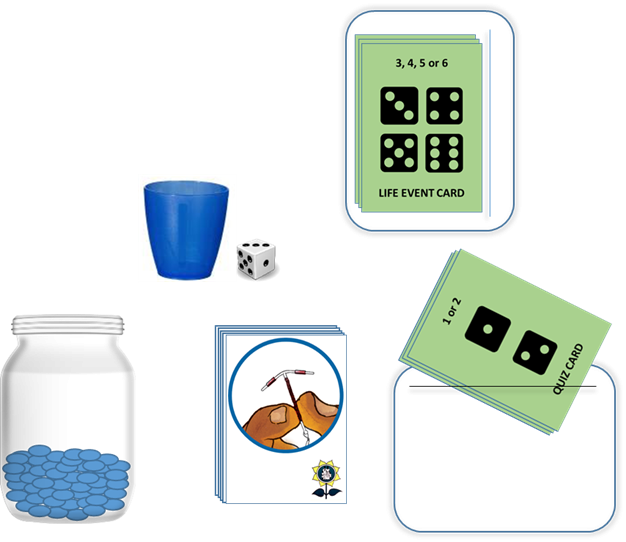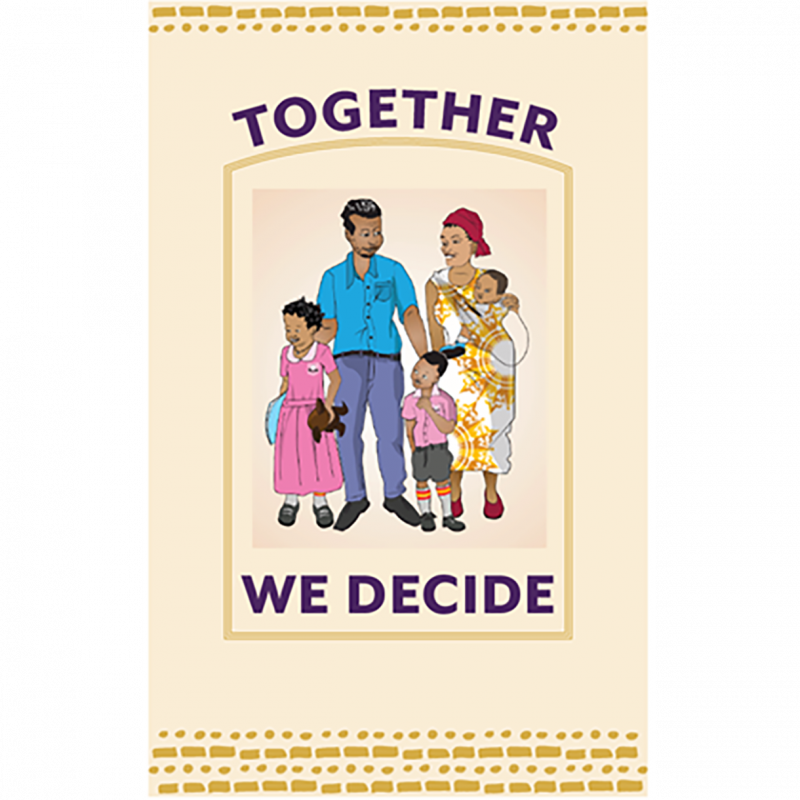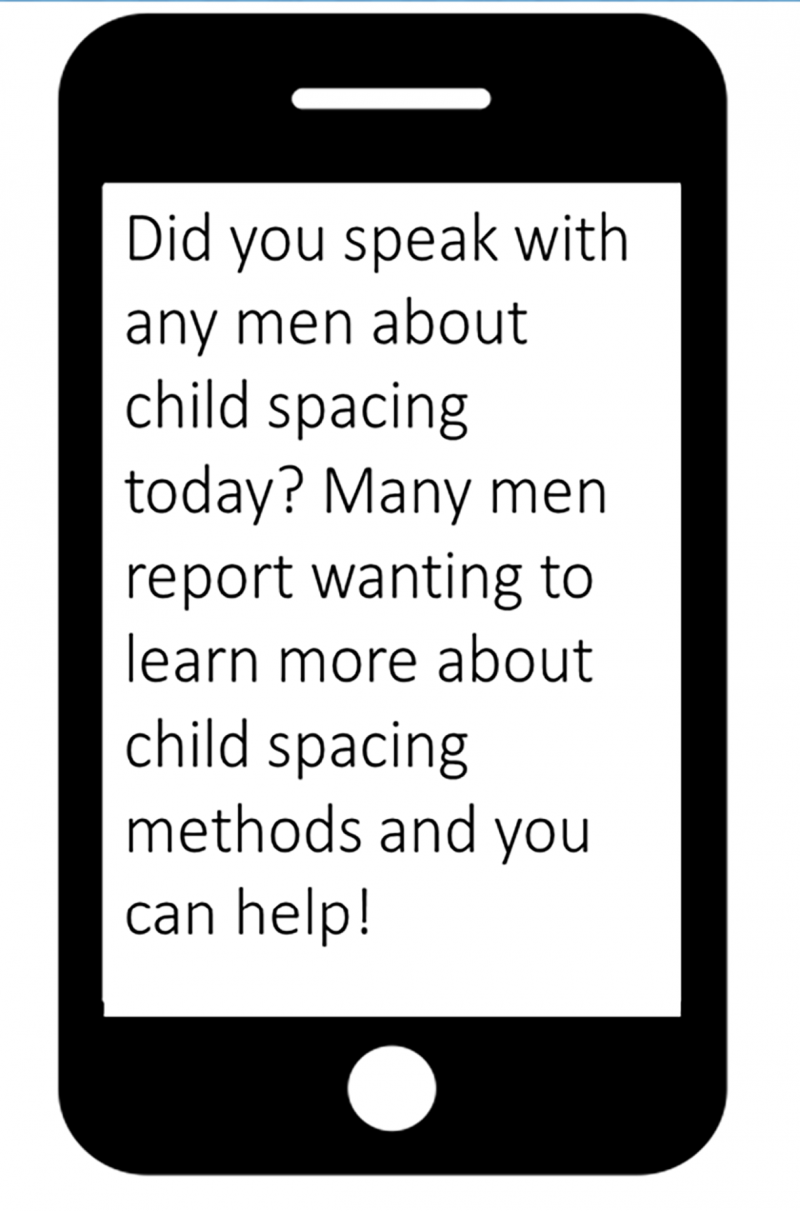Where We Work
See our interactive map

A collaboration between IntraHealth and ideas42 funded by the Hewlett Foundation, the SupCap project was part of the USAID Regional Health Integration to Enhance Services in Eastern Uganda (RHITES-E) Activity. It focused on improving the health and well-being of women of reproductive age in eastern Uganda and specifically on increasing uptake of postpartum family planning.
Using a four-stage behavioral science methodology to co-design solutions with community members, the SupCap team developed an intervention package that included the following components:
The intervention package increased couples’ communication about family planning, increased contraceptive uptake, and increased knowledge about contraceptive methods. Highlights of results included:
Five IntraHealth teams also participated in a series of behavioral science boot camps, culminating in behavioral science projects to increase human resources for health reporting to inform management decisions, improve adolescent long-acting reversible contraception uptake, increase voluntary medical male circumcision services, improve the documentation process for progress of induced labor, and increase partners/spouses attending antenatal care visits.

Components of "Together We Decide," a game played by male partners of postpartum women and facilitated by local volunteer health teams.


An example text message sent to game participants, volunteer health teams, and health workers.
| Where: | Uganda |
| Dates: | to |
| Funder: | The William and Flora Hewlett Foundation |
ideas42



